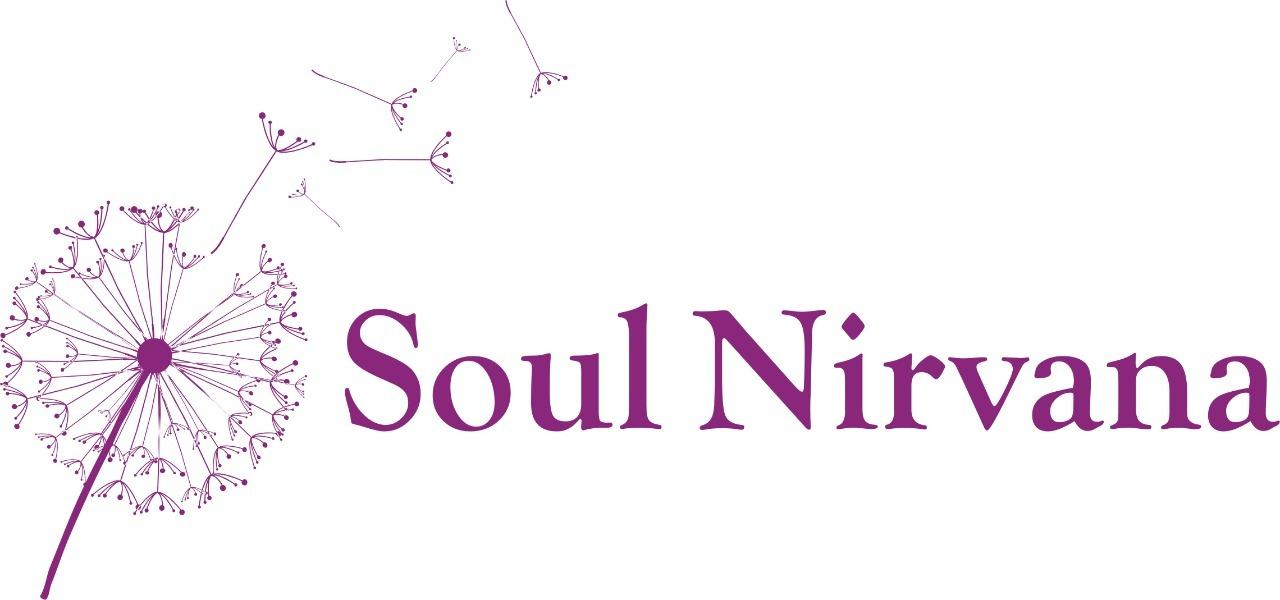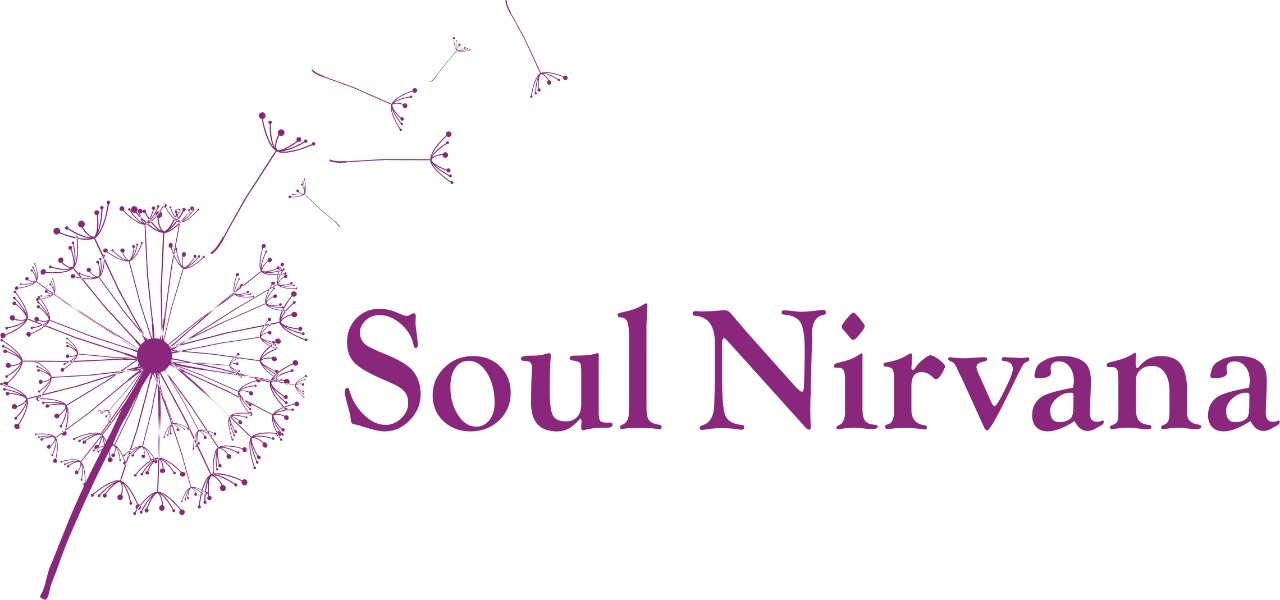Attachment Styles, Ambition, and Anxiety: The Hidden Struggles of Urban Relationships

Introduction
Times are changing and so are our environment. Relationships today are facing newer and unique strains that yesteryears never faced. High-stakes careers, time-pressured lives, and constant social comparison are shaping the emotional ecosystem of couples. According to a study published by NIH “Workload and Marital Satisfaction over Time” it was concluded that as a partner’s workload increases, the couple’s relationship satisfaction decreases. Changing times have added much more complicated stressors into relationships today.
Underneath all this lies another silent undercurrent – the attachment styles. These rooted in childhood influences connection, resilience, and relationship satisfaction. This article explores how adult attachment styles shape romantic dynamics in city life, and ambition, often triggering anxiety while undermining emotional well-being. With timely couple counseling and Assessment sessions, your relationship could surely thrive.
Attachment Theory
Have you ever thought why some people can form very secure relationships with people, while some others struggle? This question is deeply pondered by the attachment Theory. Pioneered by John Bowlby and Mary Ainsworth, it focuses on emotional bonds between people. This theory suggests that people are born with a need to forge bonds with caregivers. These early bonds set the foundation for later relationships and continue to influence attachments throughout life.
There are four primary styles of attachment
- Secure: Comfortable with intimacy and autonomy.
- Anxiouspreoccupied: High desire for closeness, fear of abandonment.
- Dismissiveavoidant: Emotional distance, self-reliance.
- Fearfulavoidant (disorganized): Internal conflict—desire intimacy but fear it
In urban settings prone to stress and fragmentation, these styles predict how individuals manage success, deadlines, and emotional challenges.
Secure Attachment Shields Stress & Anxiety
Securely attached individuals have flexible emotion regulation, which promotes psychological resilience. They approach both career and relationship stress with confidence, maintaining open communication, mutual support, and healthy conflict resolution. The study published by Elliot &Reis (2003) found that secure attachment correlates with high achievement motivation and low fear of failure. This leads to healthier levels of stress and overall satisfaction with life.
Thus, in the context of ambition, secure partners act as “bases of support,” reducing emotional strain and fostering partnership stability.
Attachment Anxiety Fuels Relationship Tension
Individuals with anxiouspreoccupied attachment often link self-worth to partner approval, mistakenly viewing reassurance-seeking as intense closeness. In high-pressure urban careers, this can morph into persistent anxiety:
- Constantly checking in
- Reading ambiguity in partner’s schedules or messages
- Sensing neglect during work-focused periods
This perpetuates a feedback loop like this: professional drive → perceived neglect → anxiety → insecurity → conflict. Chronic anxious attachment strongly predicts general anxiety and social anxiety.
According to recent research published in ScienceDirect, “Intolerance of uncertainty mediates the relationship between adult attachment and worry”, both anxious and avoidant attachment styles correlate with higher intolerance of uncertainty and greater worry. This is very much observed when career demands and unpredictable schedules intensify the fear of abandonment, especially without any supportive buffers.
Emotion regulation difficulties also mediate between anxious attachment and anxiety symptoms. Under pressure, anxious individuals are more prone to emotional dysregulation, heightening conflict in relationships.
Avoidant Attachment & the Mobility–Connection Tradeoff
Dismissive-avoidant individuals prize independence, even as successful careers reinforce emotional aloofness. The signs you can see this in urban professional life:
- Getting lost in work becomes routine
- Emotional conversations feel disruptive
- Partners' emotional needs are minimized
This "work over relationship" stance can cause resentment and misunderstanding. Emotional regulation research shows avoidants also struggle, particularly in intimacy contexts, though typically less so than anxious types.
Avoidantanxious pairings are common but problematic. The anxious partner pursues connection; the avoidant retreats, thereby reinforcing the other’s fears. These patterns are further amplified by urban demands and limited quality time.
Ambition Amplifies Pre-existing Tendencies
Urban ambition doesn’t reshape attachment – it magnifies it. For securely attached individuals, stress is manageable, and partners often serve as emotional anchors.
But for insecure styles:
- Anxious attachment magnifies avoidance behavior in partners.
- Avoidant attachment leverages career performance to detach from emotional bonds.
Studies show insecure attachment is a general risk factor for anxiety disorders and relationship distress. A recent study (N=393), “Exploring the Association between Attachment Style, Psychological Well-Being, and Relationship Status in Young Adults”, found that the need for approval (attachment anxiety) strongly predicted lower psychological well-being in both single and partnered individuals.
Urban Relationship Challenges
Speed, mobility, digital lifestyles, and extended work hours disrupt traditional relationship dynamics.
- Time scarcity compounds anxious fears.
- Frequent networking and travel strengthen avoidant tendencies.
- Digital communication can feel impersonal—feeding anxiety in non-secure partners.
- Comparison culture heightens pressure, eroding secure bases.
These stressors can tip relationship satisfaction scales. Many studies show that avoidant attachment is negatively correlated with satisfaction.
Strengthening Urban Partnerships
- Self-awareness & therapy
Understanding one’s attachment style—via care plans like personalized therapy could unlock deep insight.
- Cultivating secure–base behaviors
Partners can intentionally practice:
- Reassurance rituals: consistent check-ins, clear emotional signals
- Respecting independence: balanced emotional involvement
- Boundary-setting: scheduled "connection time" amid busy calendars
Urban couples who build such security report greater relationship satisfaction
- Stress-reduction & resilience
Mindfulness, problem-solving coping, and social support can buffer against anxiety. For example, resilience mediates attachment's effect on social anxiety in students
- Addressing intolerance of uncertainty
For anxious individuals, reframing uncertainty, through acceptance-based therapy or structured communication is key. Studies have observed that reduced intolerance mitigated anxious attachment’s impact on anxiety.
Final Thoughts
Attachment styles are not fixed traits, but they do quietly guide how we navigate ambition, stress, and interpersonal connections in urban life. Secure attachment fosters balanced drive and partnership, while anxious and avoidant styles intensify professional and emotional pressures.
By cultivating awareness, secure-base behaviors, shared routines, and emotional coping strategies, urban couples can transform their attachment legacy, turning potential struggles into avenues for resilience and growth. You can avail of relationship therapy from highly acclaimed counselors who understand your issues and thrive.
References
- Lavner, J. A., & Clark, M. A. (2017). Workload and marital satisfaction over time: Testing lagged spillover and crossover effects during the newlywed years. Journal of Vocational Behavior, 101, 67–76. https://doi.org/10.1016/j.jvb.2017.05.002
- Elliot, A. J., & Reis, H. T. (2003). Attachment and exploration in adulthood. Journal of Personality and Social Psychology, 85(2), 317–331. https://doi.org/10.1037/0022-3514.85.2.317
- Wright, C. J., Clark, G. I., Rock, A. J., & Coventry, W. L. (2017). Intolerance of uncertainty mediates the relationship between adult attachment and worry. Personality and Individual Differences, 112, 97–102. https://doi.org/10.1016/j.paid.2017.02.015
- Sagone E, Commodari E, Indiana ML, La Rosa VL. Exploring the Association between Attachment Style, Psychological Well-Being, and Relationship Status in Young Adults and Adults-A Cross-Sectional Study. Eur J Investig Health Psychol Educ. 2023 Feb 24;13(3):525-539. doi: 10.3390/ejihpe13030040. PMID: 36975392; PMCID: PMC10047625.

Ms Sonali Sikdar
Ms Sonali empowers individuals to grow, heal, and align their careers with their inner calling.
Related Blogs
No related blogs available.

